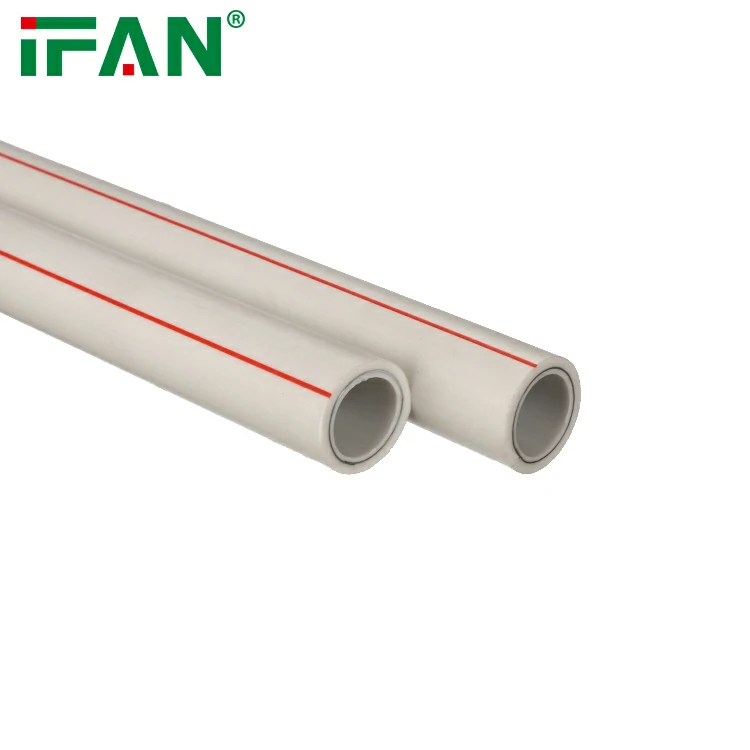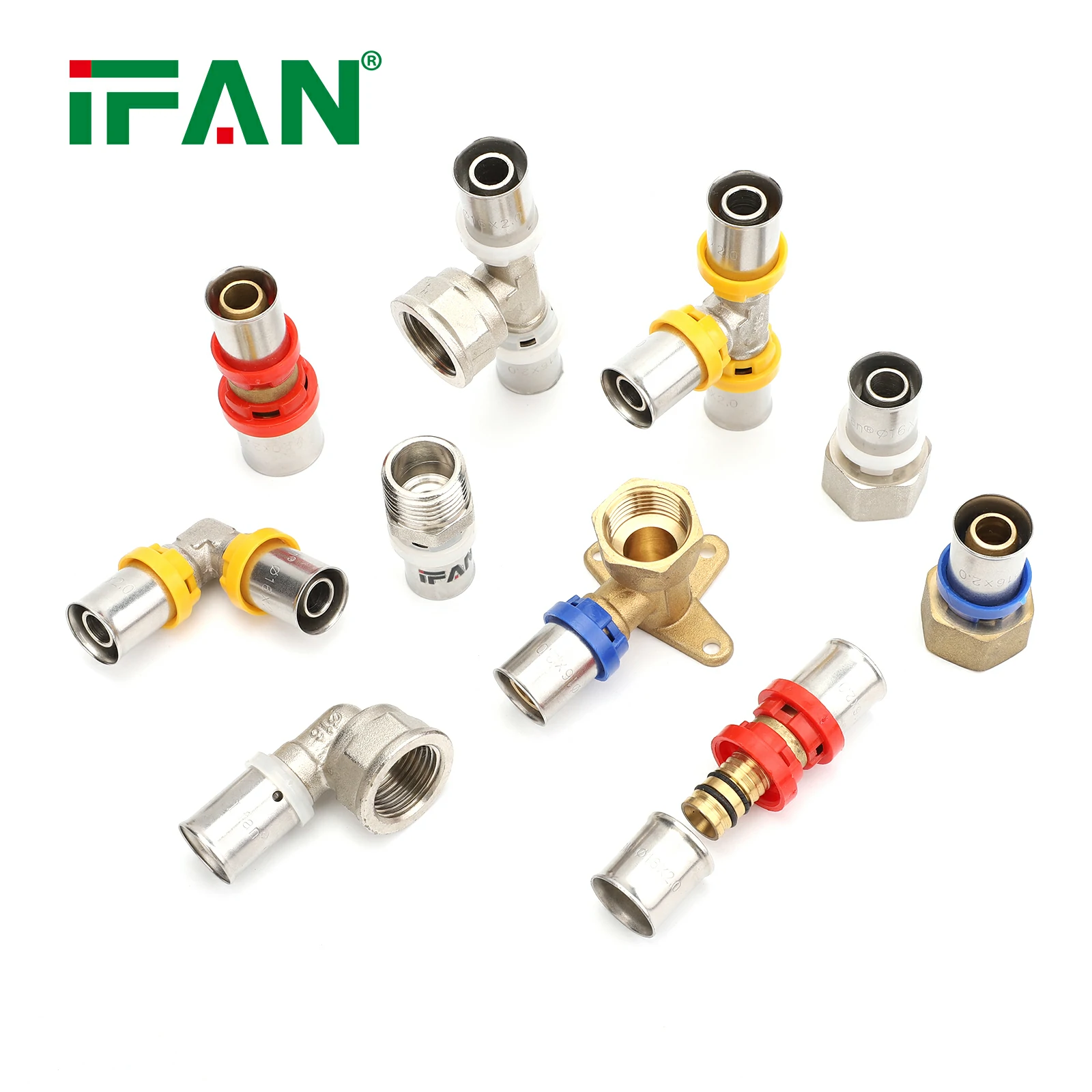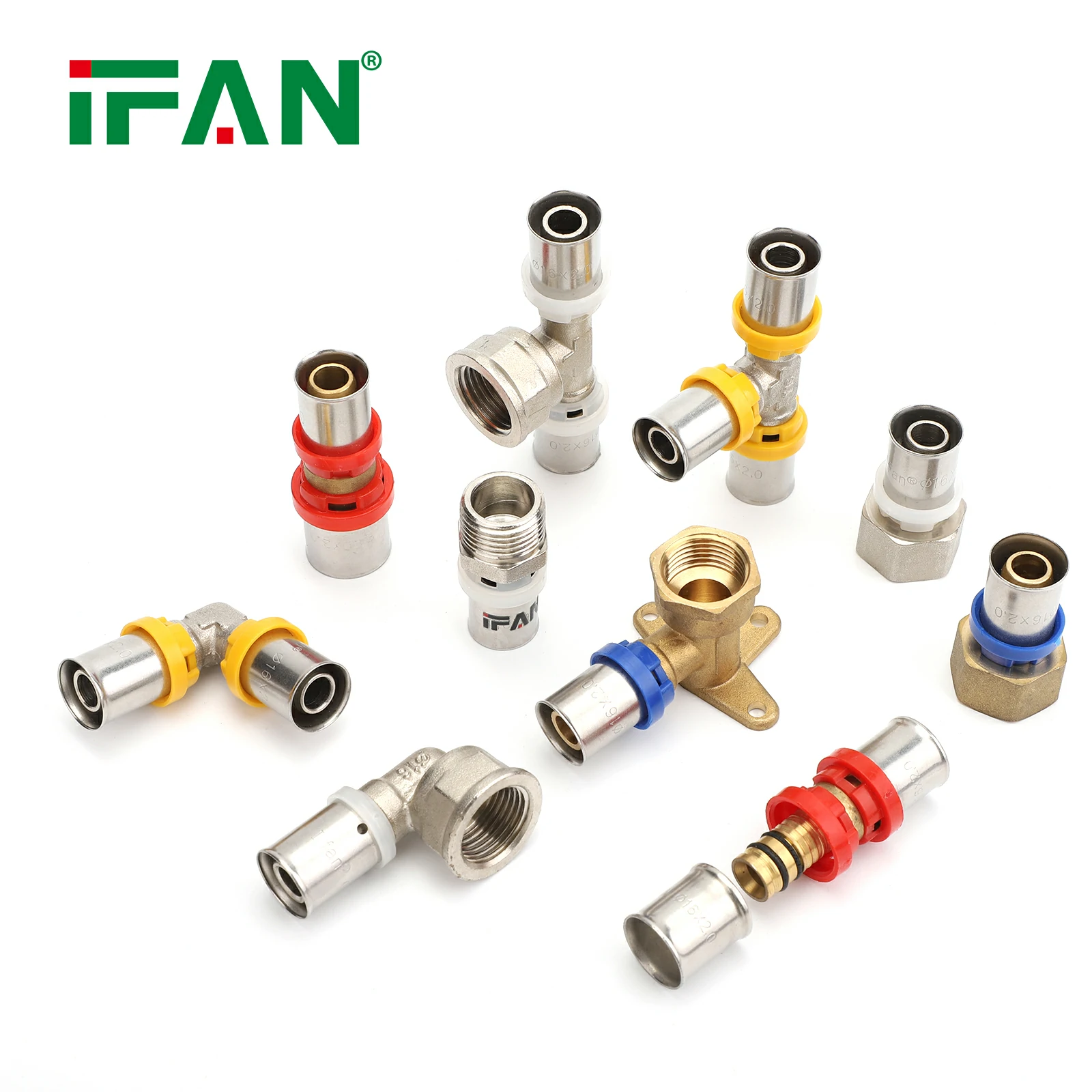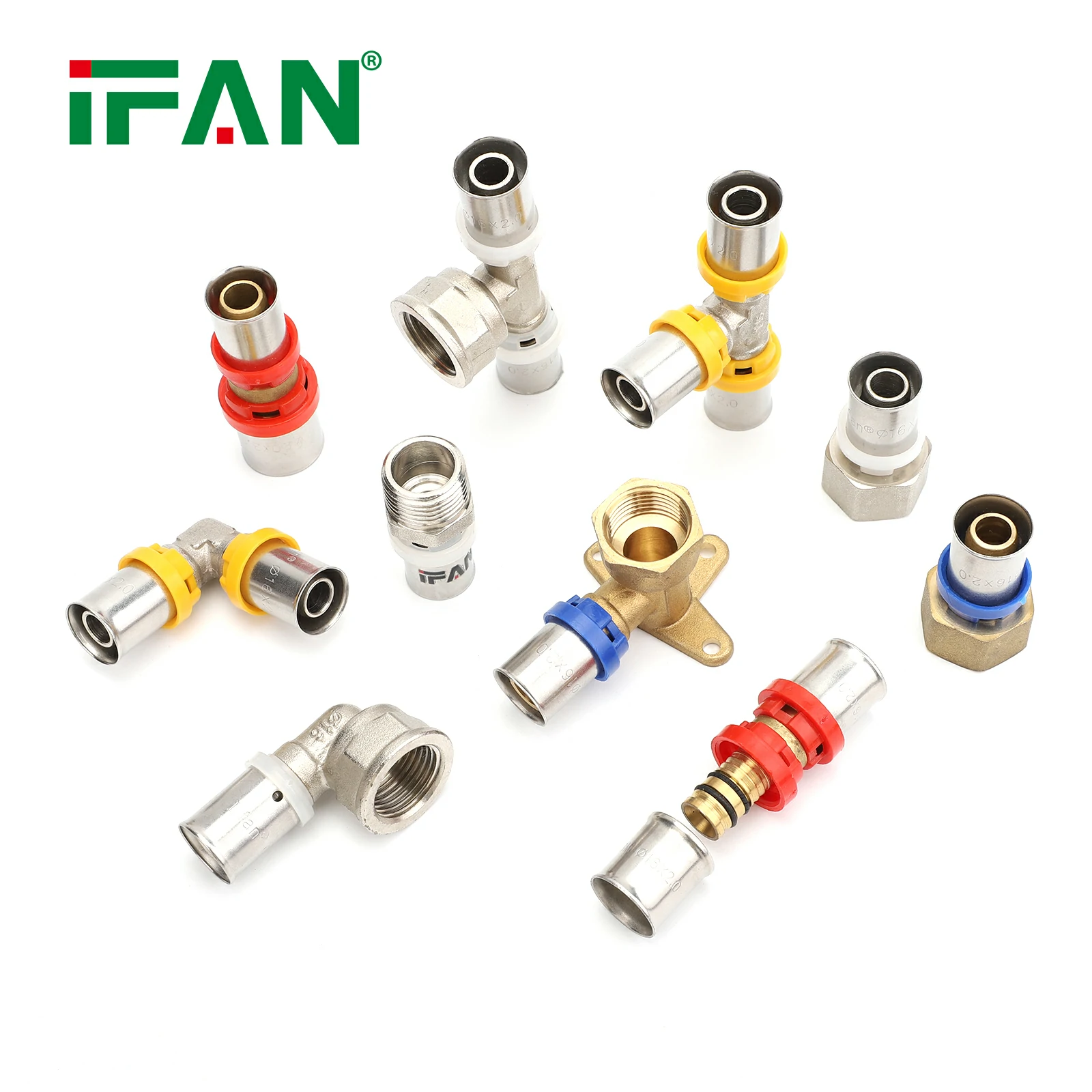Introduction
As the global demand for safe and reliable drinking water continues to rise, the search for efficient plumbing solutions has become increasingly critical. Among the leading innovations in this field is Techglobal’s Vesbo Polypropylene Random Copolymer (PPR) pipe. Renowned for its durability, reliability, and sustainable properties, the Vesbo PPR pipe is setting new standards in the quest for potable water. This article explores the features and benefits of Vesbo PPR pipes, their role in enhancing water quality, and the broader implications for the plumbing industry.
Understanding PPR Pipes
What are PPR Pipes?
Polypropylene Random Copolymer (PPR) pipes are a type of thermoplastic piping system widely used in plumbing applications. Made from high-quality polypropylene, these pipes are designed to transport hot and cold water efficiently. PPR pipes are known for their lightweight nature, resistance to corrosion, and excellent thermal insulation properties, making them an ideal choice for various plumbing needs.
Key Benefits of PPR Pipes
- Durability: PPR pipes are designed to withstand the test of time, with a lifespan that can exceed 50 years. Their resistance to wear and tear makes them a reliable option for both residential and commercial plumbing systems.
- Corrosion Resistance: One of the most significant advantages of PPR pipes is their resistance to corrosion. Unlike metal pipes, PPR pipes do not rust, ensuring that the water transported remains clean and safe for consumption.
- Thermal Insulation: PPR pipes offer excellent thermal insulation, which minimizes heat loss in hot water systems and prevents condensation in cold water systems. This feature enhances energy efficiency and comfort in buildings.
- Ease of Installation: The lightweight nature of PPR pipes makes them easy to handle and install. This characteristic reduces labor costs and installation time, making them a cost-effective choice for plumbing projects.
- Cost-Effectiveness: While the initial investment in PPR pipes may be higher than alternative materials, their longevity and low maintenance requirements make them a cost-effective solution in the long run.
Techglobal’s Vesbo PPR Pipe
Overview of Techglobal
Techglobal is a leading manufacturer in the plumbing industry, known for its commitment to innovation and quality. The company has developed a range of advanced plumbing solutions, with the Vesbo PPR pipe being one of its flagship products. Designed to meet international standards, Vesbo PPR pipes are engineered for performance, reliability, and sustainability.

Features of Vesbo PPR Pipes
- High-Quality Materials: Vesbo PPR pipes are manufactured using high-quality polypropylene materials that ensure durability and resistance to environmental factors.
- Wide Range of Products: Techglobal offers a comprehensive range of Vesbo PPR pipes and fittings in various sizes and specifications, catering to diverse plumbing needs.
- Innovative Technology: The production process of Vesbo PPR pipes incorporates advanced technology, ensuring that the products meet stringent quality standards and performance requirements.
- Sustainability: Vesbo PPR pipes are designed with sustainability in mind. They are recyclable and contribute to reducing the environmental impact associated with plumbing systems.
The Role of Vesbo PPR Pipes in Ensuring Potable Water
Enhancing Water Quality
The quality of drinking water is paramount for public health. Vesbo PPR pipes play a crucial role in ensuring that the water transported through plumbing systems remains clean and safe for consumption. Their corrosion-resistant properties prevent the leaching of harmful substances into the water supply, thereby maintaining its quality.
Addressing Water Scarcity
As water scarcity becomes a global issue, the need for efficient and reliable plumbing solutions is more critical than ever. Vesbo PPR pipes facilitate the efficient transport of water, reducing leakage and wastage. Their durability ensures that water supply systems remain operational for extended periods, contributing to improved water availability.
Supporting Infrastructure Development
In many regions, especially developing countries, the demand for potable water is outpacing the supply. Vesbo PPR pipes are instrumental in supporting infrastructure development projects aimed at enhancing water supply systems. Their ease of installation and long lifespan make them an attractive option for new construction and rehabilitation projects.
Market Trends in the PPR Pipe Industry
Growing Demand for PPR Pipes
The demand for PPR pipes is on the rise globally, driven by several factors:
- Urbanization: Rapid urbanization is leading to increased construction activities, which in turn drives the demand for reliable plumbing solutions. PPR pipes, with their durability and efficiency, are becoming the preferred choice for new developments.
- Government Regulations: Stricter regulations regarding water quality and plumbing standards are pushing manufacturers and contractors to adopt high-quality materials like Vesbo PPR pipes to ensure compliance.
- Sustainability Initiatives: As environmental concerns grow, there is a shift towards sustainable materials in the plumbing industry. PPR pipes, being recyclable and energy-efficient, align with these sustainability goals.
Technological Advancements
Ongoing technological advancements in the production of PPR pipes are enhancing their performance and expanding their applications. Innovations such as improved jointing techniques and enhanced thermal insulation properties are making PPR pipes even more appealing to consumers.
Future Prospects for Vesbo PPR Pipes
Expanding Applications
The versatility of Vesbo PPR pipes allows for a wide range of applications beyond traditional plumbing. These pipes are increasingly being used in sectors such as agriculture, HVAC systems, and even fire protection systems. As these markets grow, the demand for Vesbo PPR pipes is expected to increase significantly.
Global Expansion
With a solid foundation established through its commitment to quality and innovation, Techglobal is poised for global expansion. The company is actively seeking partnerships and distribution channels in new markets, allowing it to reach a broader customer base and increase its market share.
Focus on Customer Education
As the popularity of PPR pipes continues to rise, there is a growing need for customer education regarding their benefits and applications. Techglobal plans to invest in educational initiatives, workshops, and marketing campaigns to raise awareness about the advantages of Vesbo PPR pipes and how they can enhance plumbing systems.
Conclusion
Techglobal’s Vesbo PPR pipe is leading the quest for potable water by providing a reliable, durable, and sustainable solution for plumbing systems. With its numerous advantages, including corrosion resistance, thermal insulation, and ease of installation, Vesbo PPR pipes are well-positioned to meet the growing demand for safe drinking water. As the plumbing industry continues to evolve, Techglobal remains committed to innovation and quality, ensuring that its products contribute to a sustainable and efficient water supply for communities around the world.
FAQs
- What are PPR pipes made of?
- PPR pipes are made from Polypropylene Random Copolymer, a durable thermoplastic material known for its resistance to corrosion and high temperatures.
- What are the advantages of using Vesbo PPR pipes?
- Vesbo PPR pipes offer durability, corrosion resistance, excellent thermal insulation, ease of installation, and long-term cost-effectiveness.
- Can Vesbo PPR pipes be used for hot water systems?
- Yes, Vesbo PPR pipes are suitable for both hot and cold water applications, making them versatile for various plumbing needs.
- Are Vesbo PPR pipes environmentally friendly?
- Yes, Vesbo PPR pipes are recyclable and designed with sustainability in mind, contributing to reducing the environmental impact of plumbing systems.
- How long do PPR pipes last?
- PPR pipes, including Vesbo PPR pipes, can last over 50 years with proper installation and maintenance, making them a reliable choice for plumbing systems.






